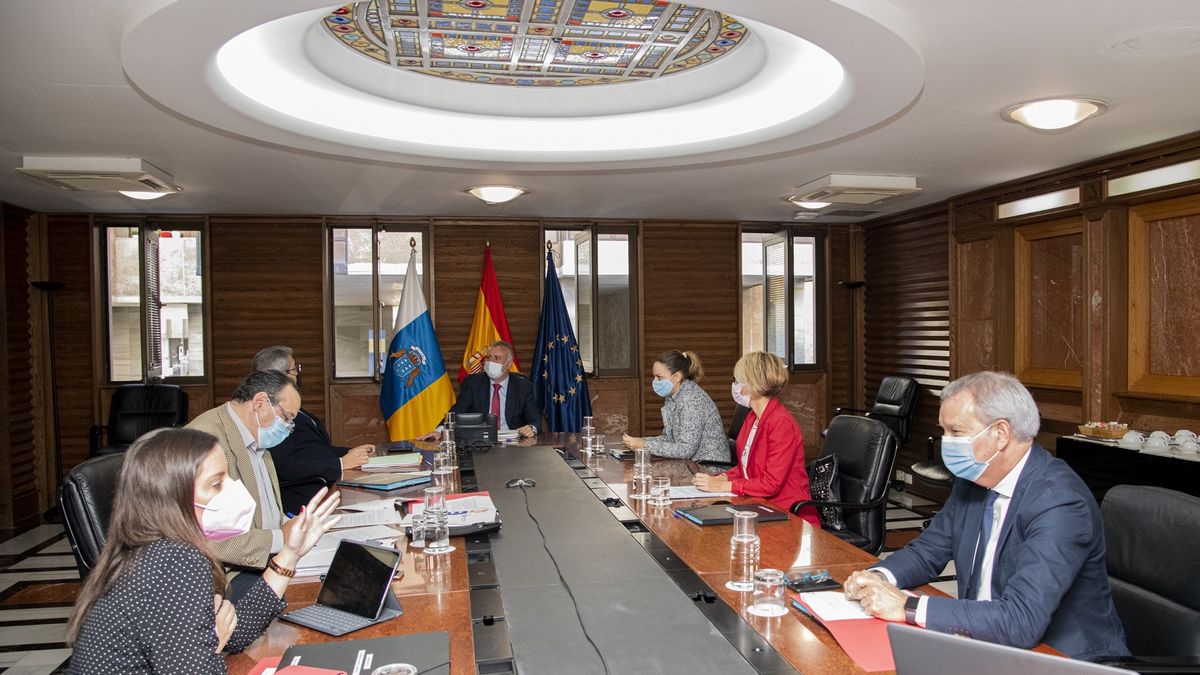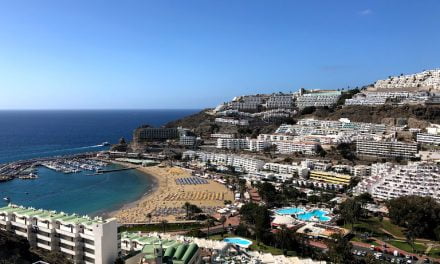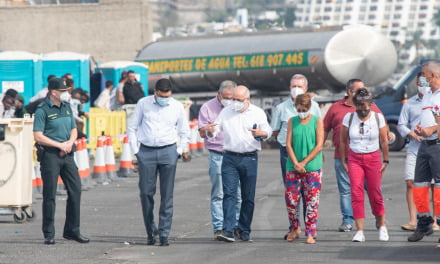The Government of the Canary Islands have decided that they will take matters into their own hands, and have declared that they will allow the antigen test, as an alternative to PCR, as a valid way for travellers to prove themselves negative for Covid-19 when visiting the archipelago. The decision represents a “visible difference of criteria” from the Spanish Ministry of Health, according to the spokesman for the regional government, Julio Pérez who spoke this Thursday.
Confusion has reigned for the last month as first the Canary Islands passed a regional law for antigen tests on tourists wishing to stay in tourism accommodation, and then the Spanish central government said that only PCR tests would be acceptable for any traveller entering from a high risk territory, leading the Canary Islands to demand Europe recommend Antigen tests too, which they did, and then this week said they did not think testing was necessary at all for travellers, meaning that Spain had little reason to continue insisting on PCR tests only. It is hoped this newest declaration under State of Emergency powers devolved to the regional parliament, may now bring some clarity to help the archipelago capitalise from having the lowest infection rates in Europe, and being the only winter holiday destination open for business.
The Canary Islands Government will use a decree law from the regional president, Ángel Víctor Torres, as the “competent delegated authority” under existing rules based in the continuing State of Emergency legislation, Pérez explained during a press conference following the Government Council meeting that happened on Thursday morning.
Given that this measure “may contradict” the decision taken by the Ministry of Health a few weeks ago detailing that only PCR results would be valid for entry into Spain from high risk countries, the Canary Islands Government has agreed to “formally” require the Ministry of Health to “exempt the Canary Islands of the application of this norm as it is written “.














Lost my holiday to Gran Canaria when my Covid PCR test did not come back in time for the flight. I was not alone, the company Confirm testing, was used by following a link from Jet2s website.
I love Gran Canaria, and am bitterly disappointed to not be there. I have lost a substantial amount of money and the island has lost my business
Changing your rules will help others but not me, my flight has gone.
Does this mean the Canary Islands will now accept the NHS test as proof of no Co-Vid-19 taken within 3 days of travelling ? If so, when will this be implemented?
I have had to move my holiday 3 times and at the moment I am hoping to travel on Jan 9th. Finally is the certificate shown at the airport, the hotel or both?
Is there any clarity yet?
Residents traveling from the peninsula, do we need PCR? Antigen? Neither?
I am following this story (as are many in the UK) as we prepare to fly to the Canaries for holidays later in December.
What is very frustrating is the number of headlines which indicate that this relaxation in testing (from PCR to simple Antigen) is actually official. We understand that it is NOT.
Please can you publish a follow-up to advise us all of the process which is happening between Canarian and Spanish Governments and when the outcome may be made ‘official’?
Many thanks
From what date will Antigen tests be allowed? The Brits are freezing and want to come to the warm Canaries for Christmas but not when it costs about £750 in PCR tests for the family.
Can i travel to tenerife from scotland now without a pcr test
It will not matter which test is needed, as the EU has band all non EU citizens from countries they consider to have a high coronavirus infection rate from enter the EU for all but essential travel. see https://www.thesun.co.uk/travel/13433798/brits-banned-european-holidays-covid/